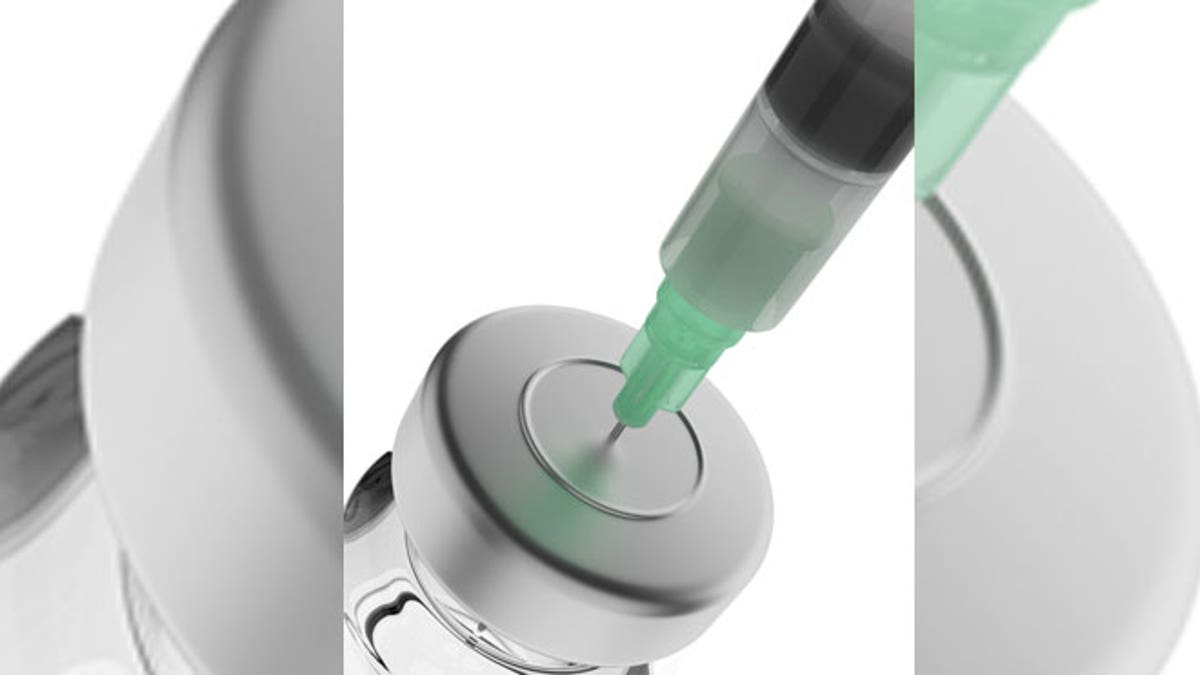
Despite concerns by some parents that their children receive “too many vaccines too soon,” a new study finds that many shots, even on the same day, do not increase the risk of autism.
In the first six months of life, children receive as many as 19 vaccine doses of six different vaccines, and by the time they are 6 years old, a total of 25 doses from 10 vaccines.
MORE FROM MY HEALTH NEWS DAILY:
- 5 Dangerous Vaccination Myths
- Beyond Vaccines: 5 Things that Might Really Cause Autism
- 10 Medical Myths that Just Won't Go Away
In a 2011 survey, about a third of parents expressed concerns that their child received too many vaccines before age 2, and too many vaccines on a single day.
Previous studies have found no link between the number of vaccines a child receives and their risk of several neurological conditions (though these studies did not specifically consider autism).
The new study went a step further by looking at the link between a child's total exposure to antigens — the proteins in vaccines that stimulate the body's immune system — and his or her risk of autism.
The researchers looked at total antigen exposure rather than the total number of vaccines kids received because, at the root of parents' concerns is the idea that "somehow they provide too much immunological stimulation, more so than a young child's immune system can handle," said study researcher Dr. Frank DeStefano, of the Centers for Disease Control and Prevention. (The sheer number of vaccines would not be as good a measure of immunological response because vaccines contain different numbers of antigens, and some protect against more than one disease, DeStefano said.)
DeStefano and colleagues analyzed information from about 250 children with autism and 750 children without autism, born between 1994 and 1999.
Children with autism were exposed to about same total number of antigens as children without autism at ages 3 months, 7 months and 2 years. There was also no difference between the two groups in terms of the total number of antigens they were exposed to on a single day.
"Parental concerns that their children are receiving too many vaccines in the first two years of life, or too many vaccines at a single doctor visit are not supported in terms of an increased risk of autism," the researchers write in the March 29 issue of the Journal of Pediatrics.
Kids are exposed to many viruses and other pathogens that stimulate their immune systems in the same way vaccines do, and it's been estimated that kids could theoretically receive thousands of vaccines at once, the researchers said.
Although children today receive more vaccines than children in the mid-90s, the vaccines used today contain fewer antigens. So while children in the mid-90s were exposed to between 3,000 and 15,250 antigens in the first two years of life, children today are exposed to about 315 antigens, the researchers said.
Copyright 2013 MyHealthNewsDaily, a TechMediaNetwork company. All rights reserved. This material may not be published, broadcast, rewritten or redistributed.
